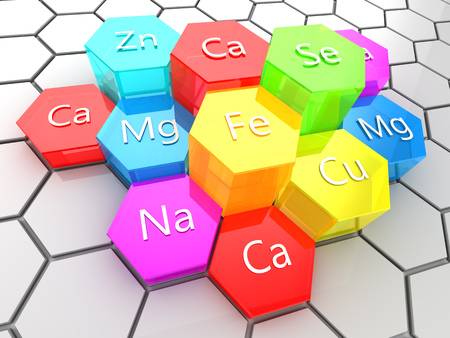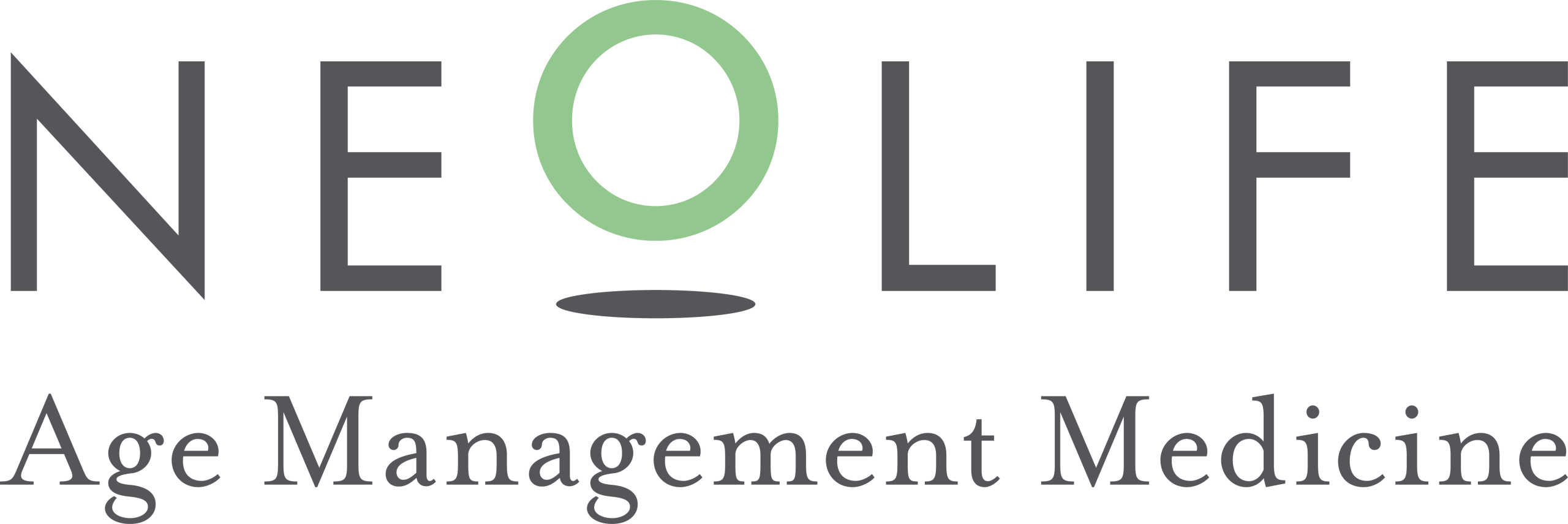The World Health Organization (WHO) has estimated that almost 2 billion people in the world have a deficit of essential minerals and/or vitamins.
And it has been shown that deficits in these essential minerals pose a risk to our health and quality of life In addition, thanks to the sequencing of the human genome, it has been possible to discover that there is a direct relationship between the adequate intake of micronutrients and the activation of certain genes associated with health, demonstrating that certain nutritional deficits are related to the onset of chronic diseases, neurodegenerative diseases, tumors or illnesses such as lactose intolerance and phenylketonuria.
Dr. Moisés De Vicente – Neolife Medical Team
In most cases, supplementation is essential in order to obtain an adequate concentration of intra and extracellular minerals in the body.
Minerals are essential molecules for the proper functioning of our body. These are micronutrients that our body requires in relatively small amounts compared to macronutrients (carbohydrates, proteins and lipids) and that we cannot synthesize, and which need to be provided either in our diet or by specific supplementation.
Within the essential minerals, we can differentiate three groups based on the daily amounts needed for proper cell function:
- Macroelements, of which our body requires amounts greater than 100 mg per day. These macroelements are calcium, phosphorus, sodium, potassium, chlorine, magnesium and sulfur.
- Microelements, of which we need quantities less than 100 mg per day. Examples of these are iron, fluorine, zinc and copper.
- Trace elements, of which less than 1 mg are needed per day. Within this group are iodine, chromium, molybdenum and selenium.

The minerals intervene in a host of metabolic pathways and cellular processes, either as substrates or as transporters They are responsible for exercising an important regulatory function, are essential in the formation of structures in our body, such as bones and teeth in the case of calcium, phosphorus and magnesium, and even constitute components of intra and extracellular fluids, as is the case of sodium, chlorine and potassium.
TheWorld Health Organization (WHO) has estimated that almost 2 billion people in the world have a deficit of essential minerals and/or vitamins (1). This allows us to see the true size of the problem. It has been shown that deficits in these essential minerals pose a risk to our health and quality of life
Supplementation with multiminerals is the order of the day in our society. To get an idea, in the United States up to 49% of the population takes these types of supplements (2). We can define multimineral supplements as being those that contain at least two thirds of the essential minerals and are capable of providing the recommended daily amount needed to maintain an adequate state of health. However, there are now products that provide 100% of these elements.
Thanks to the sequencing of the human genome, it has been possible to identify a direct relationship between the adequate intake of micronutrients and the activation of certain genes associated with health. It is what is known as nutrigenomics and nutrigenetics. These sciences study the impact that diet has on our gene expression and how our genetic load can, in turn, influence our diet. It has now been shown that diseases such as lactose intolerance or phenylketonuria are clearly influenced by gene expression derived from a given nutritional situation (3). Yet recent studies relate this same situation to the appearance of chronic diseases, neurodegenerative diseases and even tumors (4, 5).
In our nutritional situation, in addition to genetic factors, other individual factors have an influence. Some of these are impossible to alter, such as age, sex and the environmental toxins that surround us in our everyday lives. Others are modifiable, such as tobacco, alcohol intake, certain medicines, the presence of silent inflammation, etc.
It’s true that a part of the micronutrients can be obtained from a rich and balanced diet. The Mediterranean diet is characterized precisely by the fact that it offers us the possibility of satisfying all our needs. Or at least up to a certain point. Yet it is no less true that this type of diet increasingly shines by its absence It’s difficult, considering the rhythm of our lives, for us to be able to nourish ourselves adequately exclusively with the foods we commonly encounter. This is why it seems reasonable for us to supplement those essential substances in an alternative way.
At Neolife we have a global vision of the organism. We are seeking the perfect synchronization of our cells, in order to optimize their function to the maximum. To do so, it is essential to have an adequate concentration of intra and extracellular minerals. This is why we recommend supplementation with these molecules, provided that this is, of course, under close medical and analytical supervision.
BIBLIOGRAPHY
(1) Allen, L.; de Benoist, B.; Dary, O.; Hurrell, R. Guidelines on Food Fortification with Micronutrients; World Health Organization: Geneva, Switzerland, 2006.
(2) Gahche, J.J.; Bailey, R.L.; Potischman, N.; Dwyer, J.T. Dietary supplement use was very high among older adults in the United States in 2011–2014. J. Nutr. 2017, 147, 1968–1976.
(3) Ferguson, L.R.; De Caterina, R.; Gorman, U.; Allayee, H.; Kohlmeier, M.; Prasad, C.; Choi, M.S.; Curi, R.; de Luis, D.A.; Gil, A.; et al. Guide and position of the International Society of Nutrigenetics/Nutrigenomics on personalised nutrition: Part 1—Fields of precision nutrition. J. Nutrigenet. Nutrigenom. 2016, 9, 12–27.
(4) Choi, S.W.; Mason, J.B. Folate status: Effects on pathways of colorectal carcinogenesis. Nutr. 2002, 132, 2413s–2418s.
(5) Seshadri, S.; Beiser, A.; Selhub, J.; Jacques, P.F.; Rosenberg, I.H.; D’Agostino, R.B.; Wilson, P.W.; Wolf, P.A. Plasma homocysteine as a risk factor for dementia and Alzheimer’s disease. N. Engl. J. Med. 2002, 346, 476–483.
